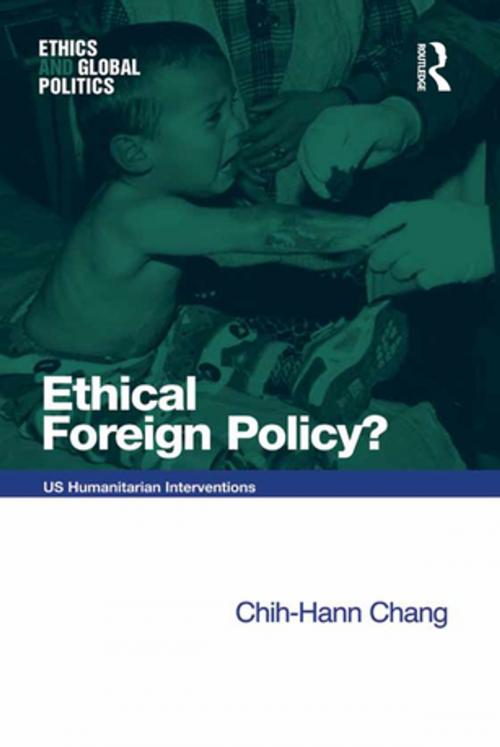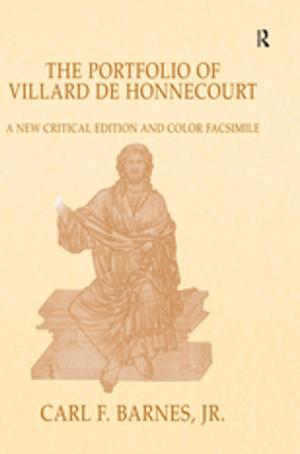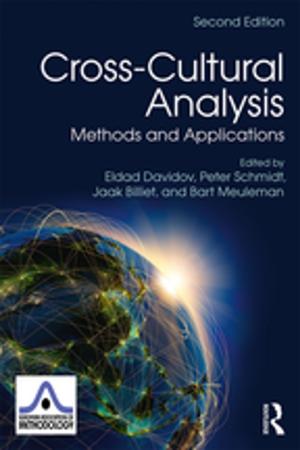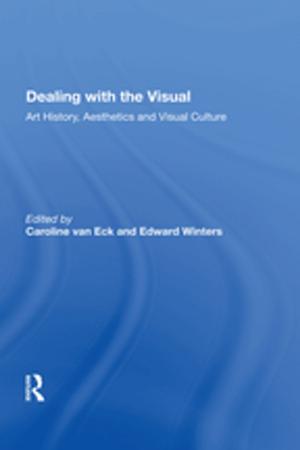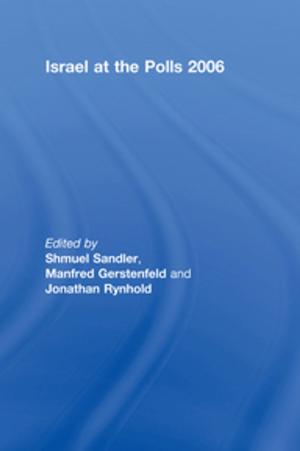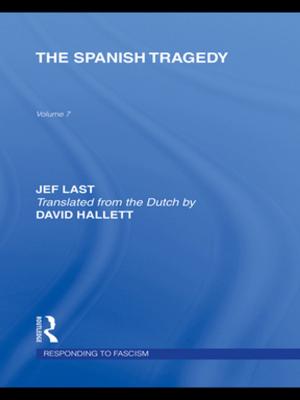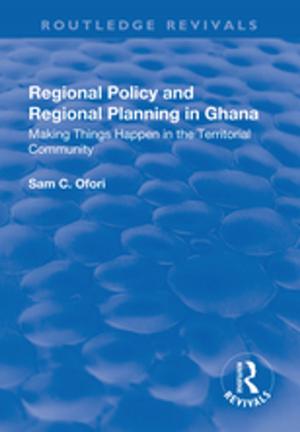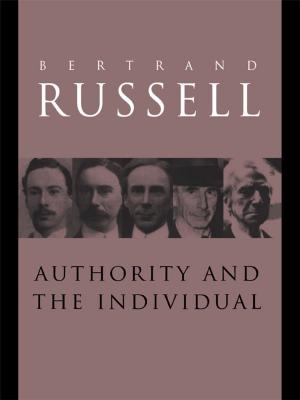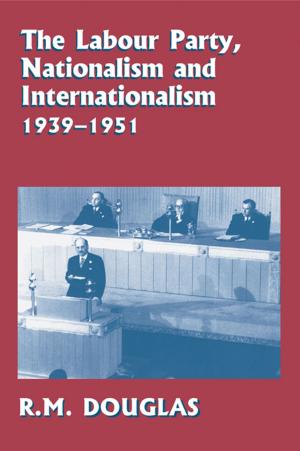Ethical Foreign Policy?
US Humanitarian Interventions
Nonfiction, Social & Cultural Studies, Political Science| Author: | Chih-Hann Chang | ISBN: | 9781317141549 |
| Publisher: | Taylor and Francis | Publication: | May 13, 2016 |
| Imprint: | Routledge | Language: | English |
| Author: | Chih-Hann Chang |
| ISBN: | 9781317141549 |
| Publisher: | Taylor and Francis |
| Publication: | May 13, 2016 |
| Imprint: | Routledge |
| Language: | English |
While the 1990s gave rise to a wealth of literature on the notion of ethical foreign policy, it has tended to simply focus on a version of realism, which overlooks the role of ethics in international affairs, lacking an empirical analysis of foreign policy decision-making, with relation to ethical values in the post-Cold War period. This book addresses this gap in the literature by exploring ethical realism as a theoretical framework and, in particular, by looking at US humanitarian interventions at an empirical level to analyse ethical foreign policy in practice. Furthermore, it moves beyond the debate on legality or legitimacy of humanitarian interventions and focuses on whether a state would intervene for humanitarian purposes. Chang provides a deeper understanding of ethical foreign policy in theory and practice by applying ethical realism as a theoretical framework to evaluate the Clinton administration's foreign policy on humanitarian intervention. She addresses concepts of moral leadership and pragmatic foreign policy in the field of international relations in general and foreign policy analysis in particular.
While the 1990s gave rise to a wealth of literature on the notion of ethical foreign policy, it has tended to simply focus on a version of realism, which overlooks the role of ethics in international affairs, lacking an empirical analysis of foreign policy decision-making, with relation to ethical values in the post-Cold War period. This book addresses this gap in the literature by exploring ethical realism as a theoretical framework and, in particular, by looking at US humanitarian interventions at an empirical level to analyse ethical foreign policy in practice. Furthermore, it moves beyond the debate on legality or legitimacy of humanitarian interventions and focuses on whether a state would intervene for humanitarian purposes. Chang provides a deeper understanding of ethical foreign policy in theory and practice by applying ethical realism as a theoretical framework to evaluate the Clinton administration's foreign policy on humanitarian intervention. She addresses concepts of moral leadership and pragmatic foreign policy in the field of international relations in general and foreign policy analysis in particular.
